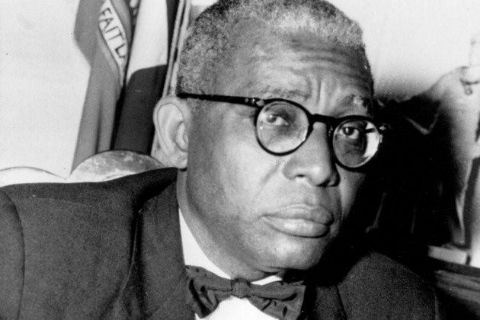Confucius • 2015 • episode "Part 3" • Genius of the Ancient World
Bettany Hughes' series exploring the lives and teachings of influential ancient philosophers draws to a close with a profile of Confucius, who is credited as the first Chinese thinker to take a systematic philosophical approach to issues of social, political and ethical importance. Born during the chaotic Spring and Autumn period of Chinese history, Confucius believed that harmony could be promoted and achieved through the examples of sage rulers. He was also a innovative teacher, and tried to instill his principles of moral excellence in China's elite, but died without seeing his vision for his nation come to pass. However, his philosophies would eventually form the bedrock of Chinese culture, with many of his principles of tradition surviving to this day.
Make a donation
Buy a brother a hot coffee? Or a cold beer?
Hope you're finding these documentaries fascinating and eye-opening. It's just me, working hard behind the scenes to bring you this enriching content.
Running and maintaining a website like this takes time and resources. That's why I'm reaching out to you. If you appreciate what I do and would like to support my efforts, would you consider "buying me a coffee"?
Donation addresses
BTC: bc1q8ldskxh4x9qnddhcrgcun8rtvddeldm2a07r2v
ETH: 0x5CCAAA1afc5c5D814129d99277dDb5A979672116
With your donation through , you can show your appreciation and help me keep this project going. Every contribution, no matter how small, makes a significant impact. It goes directly towards covering server costs.








